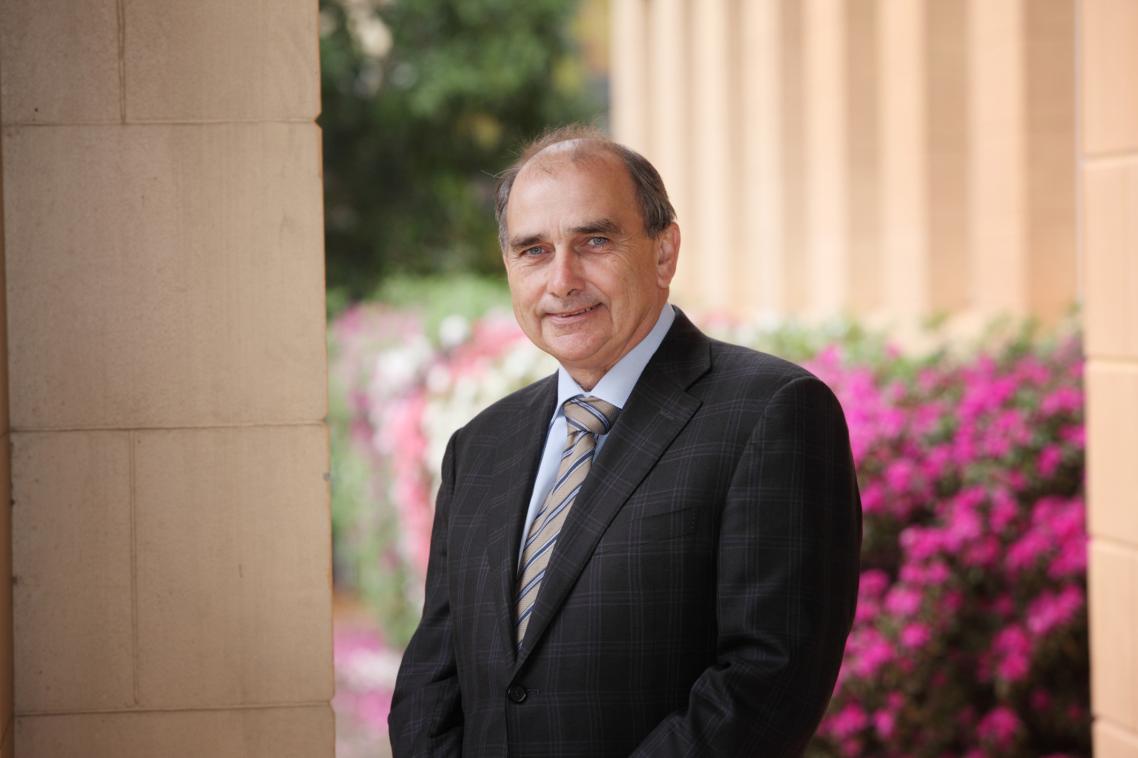Breakthrough treatment for hepatitis C

A breakthrough treatment for hepatitis C that halves treatment time has been developed in an international clinical trial that included The University of Queensland.
The landmark study has been published in the New England Journal of Medicine in a paper co-authored by Professor Darrell Crawford, head of the UQ School of Medicine and director of the Gallipoli Medical Research Foundation.Professor Crawford said the findings could have a significant, positive impact on millions of patients living with hepatitis C around the world.
“This treatment regime works in half the amount of time as existing treatments with considerably fewer side-effects,” Professor Crawford said.
“Current hepatitis C treatments include medications administered by injections for 24 to 48 weeks, which often cause many severe side-effects, such as anxiety and depression.
“Treatment in this study was administered orally for only 12 weeks with less than one per cent of trial participants discontinuing due to side-effects.”
The research was conducted at 79 sites across the world, including four in Australia.
The Gallipoli Medical Research Foundation’s Clinical Trials Unit, based at Greenslopes Private Hospital, was the first site to enroll a patient outside the USA.
This was a randomised, double-blind, placebo-controlled trial where all participants had been diagnosed with the hepatitis C virus (HCV) of the type 1 genotype and had not previously taken medications to treat the HCV infection.
Half the participants received the new treatment regime for 12 weeks while the other half received no treatment.
The groups were then reversed, thereby allowing all participants to be treated with the new drugs.
The new “triple therapy” treatment was taken in combination with ribavirin (RBV).
It is estimated that 130-150 million people worldwide are chronically infected with hepatitis C. (WHO, 2014)
In 2011, about 226,700 people in Australia were living with chronic hepatitis C. (The Kirby Institute, 2012).
Media: Brian Mallon, 07 3365 5254, 040 362 1109, b.mallon@uq.edu.au
Topics
Related articles

Change my mind: study finds it’s possible to teach students good decision-making

The brain science behind how we see faces in objects
Media contact
UQ Communications
communications@uq.edu.au
+61 429 056 139
